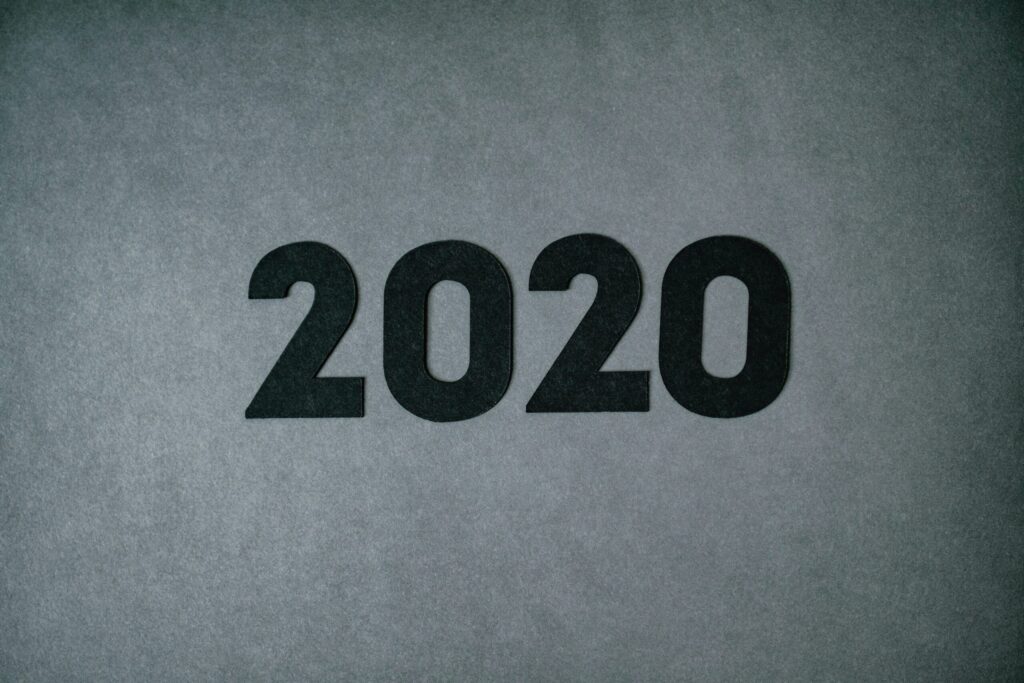Understanding the “Tech Turmoil”
The Backdrop of Big Tech in Politics
- Exploring the backdrop of Big Tech in politics is essential to grasp the current tech turmoil. Big Tech companies, with their immense influence and reach, have become intertwined with political landscapes. Their impact on elections, data privacy regulations, and market competition has brought them under the spotlight of policymakers worldwide. The intersection of technology and politics has created a complex environment where innovation and regulation constantly clash.
Key Issues Under Scrutiny
- Various key issues have come under intense scrutiny during the Congressional hearings. Data privacy stands out as a primary concern, with Big Tech’s handling of user data facing rigorous examination. Market dominance, antitrust practices, and competition have also been focal points, raising questions about fair business practices and consumer protection. Moreover, the role of Big Tech in shaping public discourse, combating misinformation, and content moderation has been a subject of debate among lawmakers. These hearings have underscored the intricate challenges posed by the rapid growth of technology giants and the need for effective governance in the digital age.
The Congressional Hearings Overview
1. Who Was Grilled and By Whom
During the recent Congressional hearings, Big Tech executives such as Mark Zuckerberg from Facebook, Sundar Pichai from Google, Tim Cook from Apple, and Jeff Bezos from Amazon faced tough questions from lawmakers. Members of Congress, including Senators and Representatives, grilled these tech leaders on various issues related to data privacy, market competition, and antitrust practices.
2. Major Talking Points and Clashes
The hearings revolved around several key talking points and clashes between the lawmakers and Big Tech representatives. One of the major areas of contention was data privacy, with lawmakers questioning how these companies handle user data and whether adequate measures are in place to protect user privacy. Additionally, market dominance and competition were hot topics, with concerns raised about the monopoly-like control that some tech companies have in the digital landscape.
Clashes also occurred regarding antitrust practices, with lawmakers probing into whether Big Tech companies engage in anti-competitive behavior that stifles innovation and harms consumers. The role of these tech giants in shaping public discourse and their content moderation policies also sparked debates during the hearings, highlighting the complex relationship between technology, governance, and society.
Impact on Big Tech
1. Changes in Business Practices
In response to the Congressional hearings, Big Tech companies have begun reevaluating their business practices. This includes enhancing transparency in data collection, implementing stricter privacy policies, and revising algorithms to improve content moderation. The scrutiny from lawmakers has prompted these tech giants to prioritize user privacy and data security to regain public trust and address regulatory concerns.
2. Stock Market and Investor Reactions
Following the Congressional hearings, Big Tech saw a fluctuation in their stock market performance. Investor reactions varied, with some showing concern over potential regulatory actions impacting market value, while others viewed it as an opportunity for long-term growth and sustainability. The uncertainty surrounding the regulatory landscape led to a cautious approach from investors, closely monitoring any developments that could influence the future trajectory of these tech companies.
Future of Tech Industry Regulations

Proposed Legislation and Policy Reforms
As I reflect on the current tech landscape post-Congressional hearings, it’s evident that proposed legislation and policy reforms are on the horizon. With the spotlight on data privacy and antitrust concerns, lawmakers are pushing for stringent regulations to hold Big Tech accountable. Measures may include increased transparency in data handling, stricter antitrust scrutiny, and enhanced user protection policies. These reforms aim to foster fair competition, safeguard user privacy, and promote a more ethical tech ecosystem.
Speculations on Long-Term Industry Changes
Looking ahead, speculations on long-term industry changes are rife in the aftermath of the Congressional hearings. Industry analysts predict a fundamental shift in how Big Tech operates, foreseeing a more regulated environment that restrains monopolistic practices and prioritizes user privacy. Antitrust actions could reshape market dynamics, potentially leading to the diversification of tech giants and fostering innovation. As the industry braces for impactful reforms, discussions on the future of tech revolve around achieving a balance between innovation and regulation to ensure a sustainable and equitable digital economy.
Public and Expert Opinions
Consumer Trust and Privacy Concerns
Addressing consumer trust and privacy concerns, it’s evident that Big Tech companies are under increasing pressure to enhance transparency and safeguard user data. The recent Congressional hearings have amplified the importance of robust privacy policies and stringent data protection measures. Users are demanding greater accountability from tech giants regarding their data usage and sharing practices. Ensuring user privacy is no longer just a regulatory requirement but a fundamental expectation from consumers worldwide.
Expert Analyses and Predictions
Analyzing expert opinions and predictions post-Congressional hearings, it’s clear that the tech industry is at a pivotal moment. Experts foresee a paradigm shift towards stricter regulations to curb monopolistic behavior and promote fair competition. Antitrust measures are expected to intensify, reshaping the landscape of the tech sector. Moreover, experts predict a heightened focus on ethical tech practices and innovation within regulatory frameworks. The future of Big Tech will likely be characterized by a balance between technological advancement and compliance with stringent regulatory standards.




